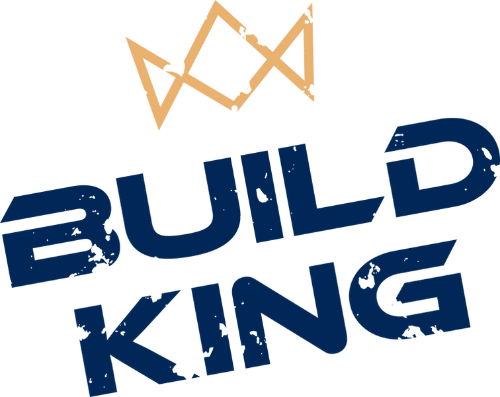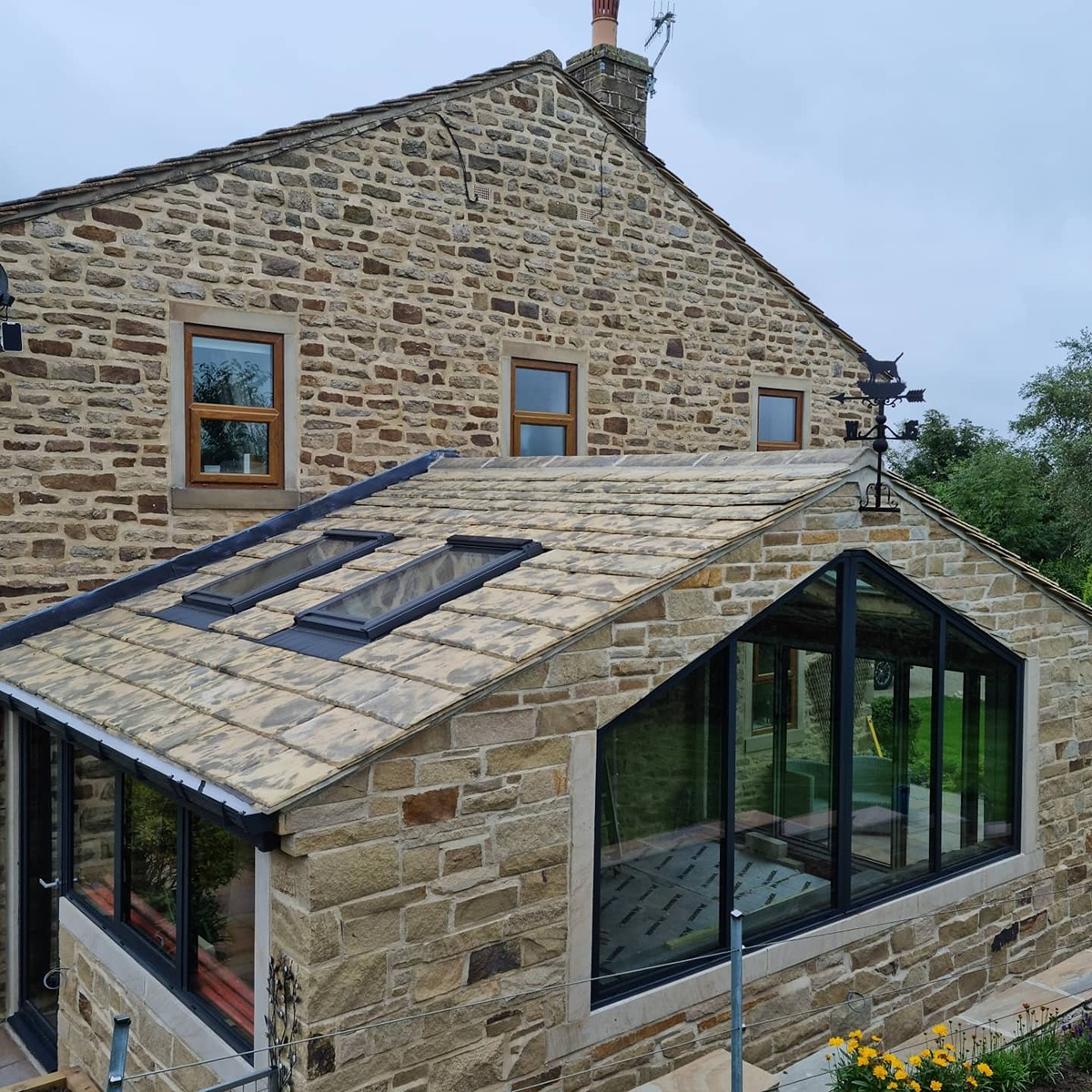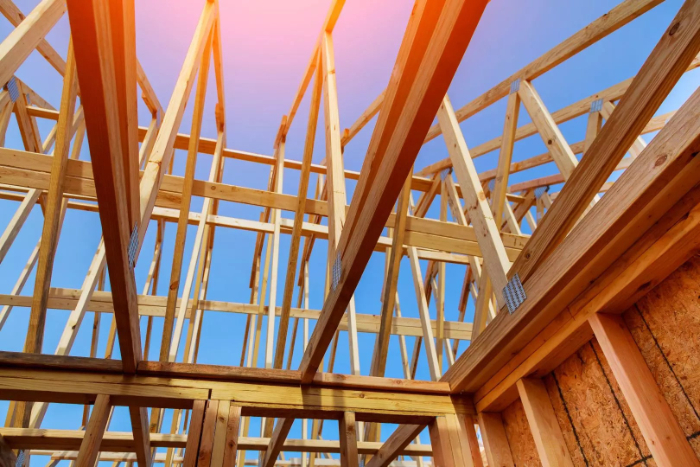What is the first thing to do when planning an extension? In this article, we cover the crucial aspects of planning a home extension, including permissions, budgeting, and selecting the right professionals to ensure a successful project.
Permissions
When planning a home extension, one of the first things you need to consider is obtaining the necessary permissions. You might feel ready to start constructing, but in many cases, extensions require planning permission from your local planning authority. Planning permission ensures that any new building work complies with local development plans and standards.
However, for straightforward projects like a single-storey rear extension, you might be able to proceed without planning permission if the work falls under permitted development rights. These rights allow certain types of work to be carried out without needing formal approval.
Despite this, it's crucial to verify whether your project qualifies for permitted development. Always confirm first to avoid unexpected issues. Building regulations must be followed in nearly all extension projects, even when planning permission isn't mandatory. These regulations are in place to ensure that any new structures are safe and energy-efficient. Building control approval is a separate requirement that checks various aspects of the building work, such as structural integrity, fire safety, and insulation.
Failing to obtain the necessary permissions and approvals can lead to significant legal complications, including fines or having to dismantle the unauthorised work. Therefore, before beginning your home extension, ensure you have all the permissions needed to proceed legally and safely. This proactive approach will help avoid costly mistakes and delays in the construction process.
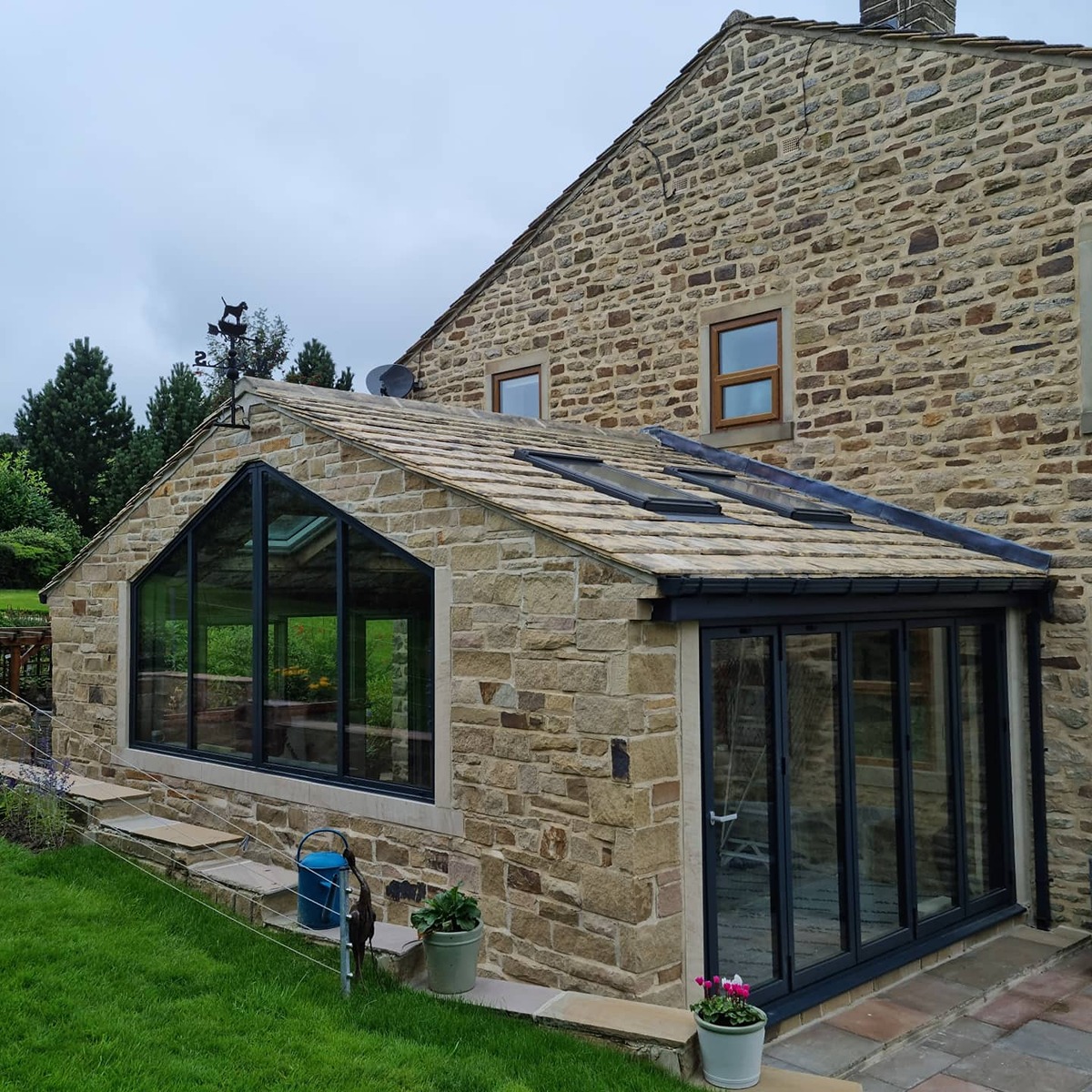
Budget
Creating a comprehensive budget is an essential part of planning for your home extension. Begin by listing every cost you anticipate. This includes materials, labour, and fees for architects or designers, if necessary.
House extensions can vary significantly in cost, depending on whether you're planning a simple loft conversion or a more complex two-storey addition. The size and intricacy of your project will influence costs greatly.
Think about any additional expenses you might encounter. You may need to pay for building control fees or submit a planning application, which could incur additional charges.
In some cases, you might need to invest in new foundations, especially if the extension is substantial or involves structural changes. These can add significantly to the total cost. It's important not to overlook home insurance.
Check with your insurance provider to ensure your current policy covers the new extension. Failing to update your policy could leave you vulnerable if anything goes wrong.
Creating a contingency fund is a wise move. Aim to set aside about 10-15% of your expected costs to cover any unexpected expenses that could arise during construction. This financial cushion can relieve stress and keep your project on track even if unforeseen challenges occur.
Making a well-thought-out budget will help you manage your finances effectively and ensure your extension project progresses smoothly. It allows you to have a clear financial plan, making it easier to allocate resources and avoid surprises. A detailed budget can also streamline decision-making processes and avoid potential delays due to financial complications.
Being thorough in your budgeting is invaluable for maintaining control over your extension's financial aspects. Understand the costs involved, allocate resources wisely, and anticipate unexpected expenses with a solid contingency fund. By adhering to these principles, you'll increase the likelihood of bringing your home extension project to a successful, stress-free completion.
Neighbours
When planning to add extra space to your home, there are several considerations to keep in mind to ensure the process is smooth and respectful. One crucial aspect is your neighbours, who might be impacted by the construction work.
If your building project is near their property, it's essential to inform them. In some instances, the Party Wall Act might be relevant, especially if your extension affects a shared wall. This legislation outlines the rights and responsibilities neighbours have when undertaking construction work near shared boundaries.
Early communication is key. Talk to your neighbours as soon as possible to explain your plans. This dialogue provides an opportunity to discuss any concerns they might have, and it's essential for maintaining good relations. Keeping things amicable can help avoid potential conflicts during the construction phase. By fostering a positive relationship, any minor issues that arise can be handled more smoothly and constructively.
Additionally, local authorities often have specific requirements regarding notifying neighbours about new construction plans. Depending on your local authority's rules, you might be obliged to formally inform your neighbours as a part of the planning process. This step is not only courteous but could be a legal requirement, ensuring transparency and cooperation. Informing your neighbours about your intended home extension is more than just etiquette; it's about ensuring a hassle-free building process. Clear communication and adherence to legal stipulations can significantly contribute to a successful project, respecting both your home enhancement ambitions and the surrounding community's harmony.
Design Ideas
Once you have obtained the necessary permissions and established your budget, it's time to delve into the design process. Consider the type of space you wish to create, whether it's a kitchen extension, a new living area, or perhaps a garage conversion.
Having a clear design vision is essential. Reflect on how this new extension will integrate with your existing property; it's important that it complements the overall aesthetic and structure.
Hiring an architect or an architectural technologist might be a wise decision. They can assist in crafting detailed plans that adhere to building regulations. These professionals can also ensure that the design aligns harmoniously with the style of your home. When contemplating the layout, decide whether you prefer an open-plan space, which often provides a sense of spaciousness and modern living, or separate rooms that offer more privacy and defined areas.
It's beneficial to explore various sources of inspiration, such as architectural magazines, design websites, or even local home exhibitions. Taking this time to research will help you identify the elements that best suit your functional requirements and personal preferences.
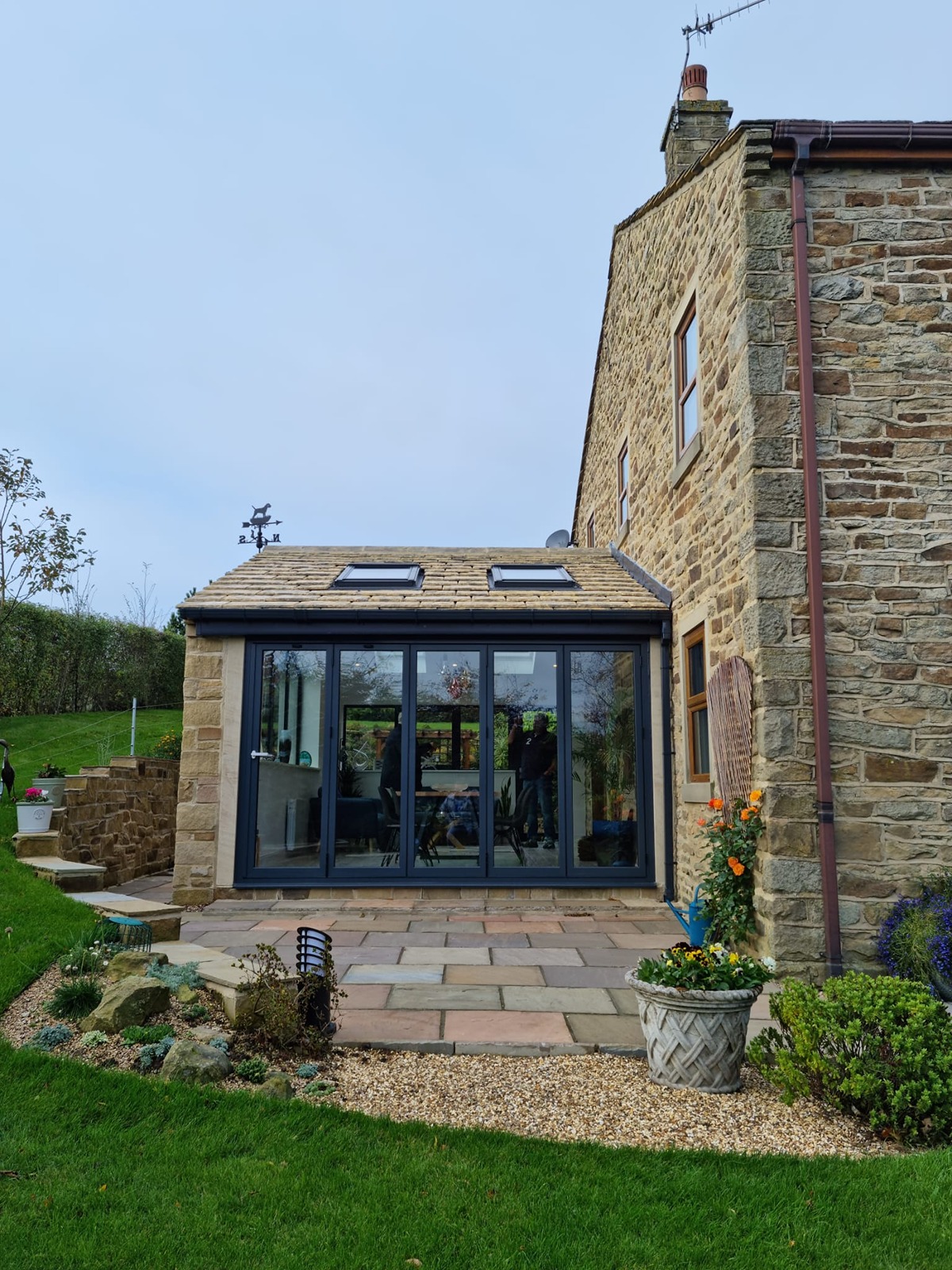
Whether you lean towards a contemporary feel with minimalist designs or a more traditional look with intricate details, understanding your style will guide your project in a direction that brings satisfaction and achieves your desired outcome. Consider how natural light, ventilation, and other environmental factors will interact with your new space to contribute to the overall ambience and comfort of your home.
Hiring Professionals
Now that you have a plan for your project, it's crucial to engage the right professionals to bring your extension ideas to fruition. Depending on the project’s complexity, you may need to collaborate with architects, builders, and structural engineers.
Each of these professionals plays a role in ensuring the seamless execution of your home extension. Start by selecting reputable architects. They will transform your ideas into precise designs and help you navigate the local planning permissions, if necessary. Reputable architects come with positive recommendations and a proven track record. They are skilled in maximising space while adhering to your design preferences and budget constraints.
Once you have a design, your next step is to find a competent builder. This is where comparing multiple quotes is invaluable. Obtaining several estimates will allow you to assess costs effectively, ensuring you receive value for your investment. Opt for builders with experience in house extensions, as their familiarity with the intricacies involved will likely result in a smoother process.
In addition, consider hiring a structural engineer, especially if your extension involves complex elements like load-bearing walls. These experts evaluate the structural integrity of your plans, ensuring the safety and stability of your home. Structural engineers offer invaluable insights that can avert costly mistakes or unforeseen complications
For all professionals involved, establishing a robust contract is essential. This document should outline the timeframe, payment terms, and detailed scope of work, providing clarity and protecting both parties. Having a contract in place mitigates potential misunderstandings.
A contract ensures that everyone is aligned with the project’s goals. With professionals on board, your extension can be constructed to a high standard, meeting all necessary building regulations. This approach guarantees the quality of work and also helps safeguard your investment by preventing legal and structural issues. Proper preparation and collaboration with experts are the keys to a successful home extension that enhances your living space and property value.
Ready to transform your home with a stunning extension? Build King provides expert extension planning and construction services in Bingley and across West Yorkshire. From obtaining permissions to flawless design execution, our team ensures a smooth and stress-free build.
Contact us today to discuss your home extension project and bring your ideas to life.
